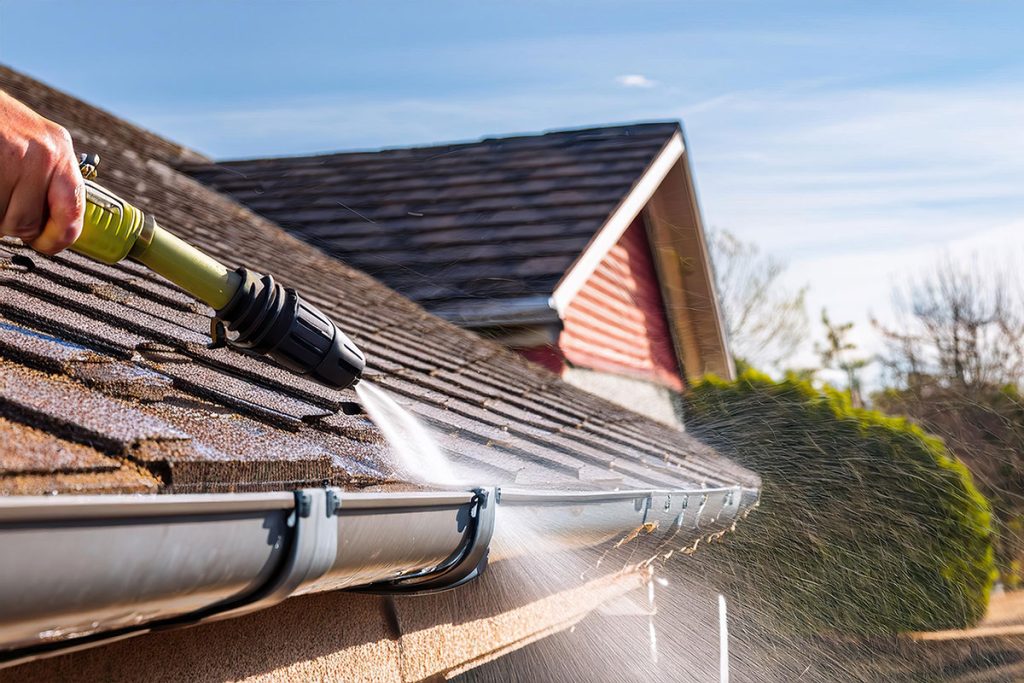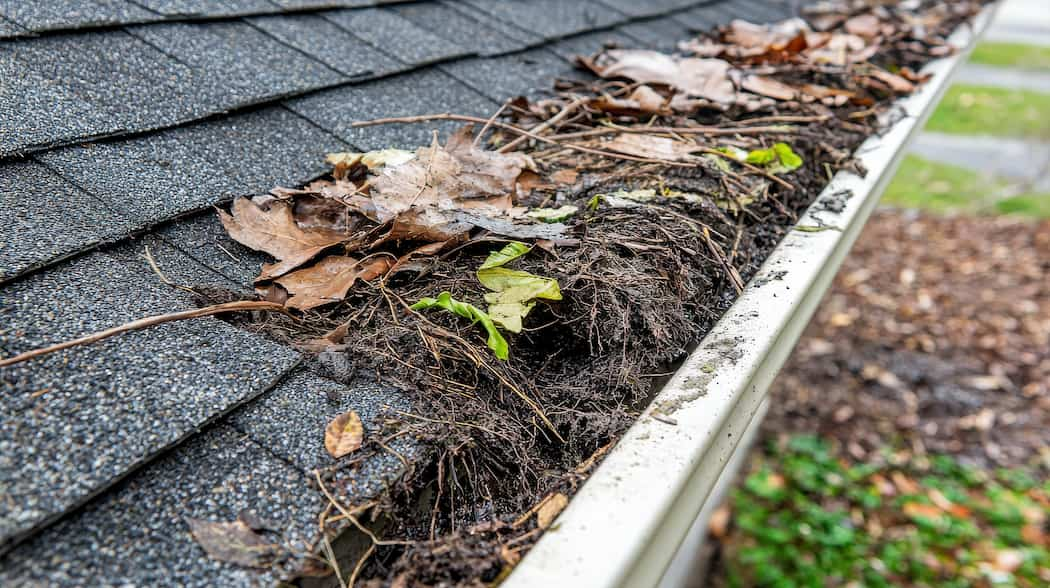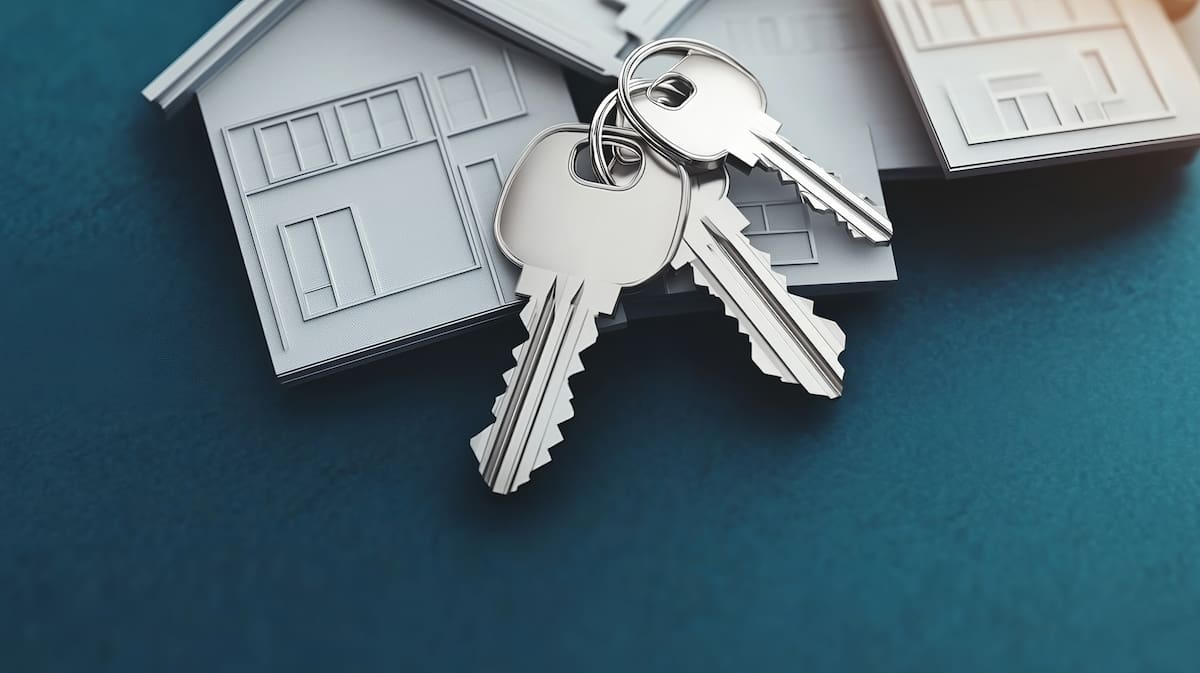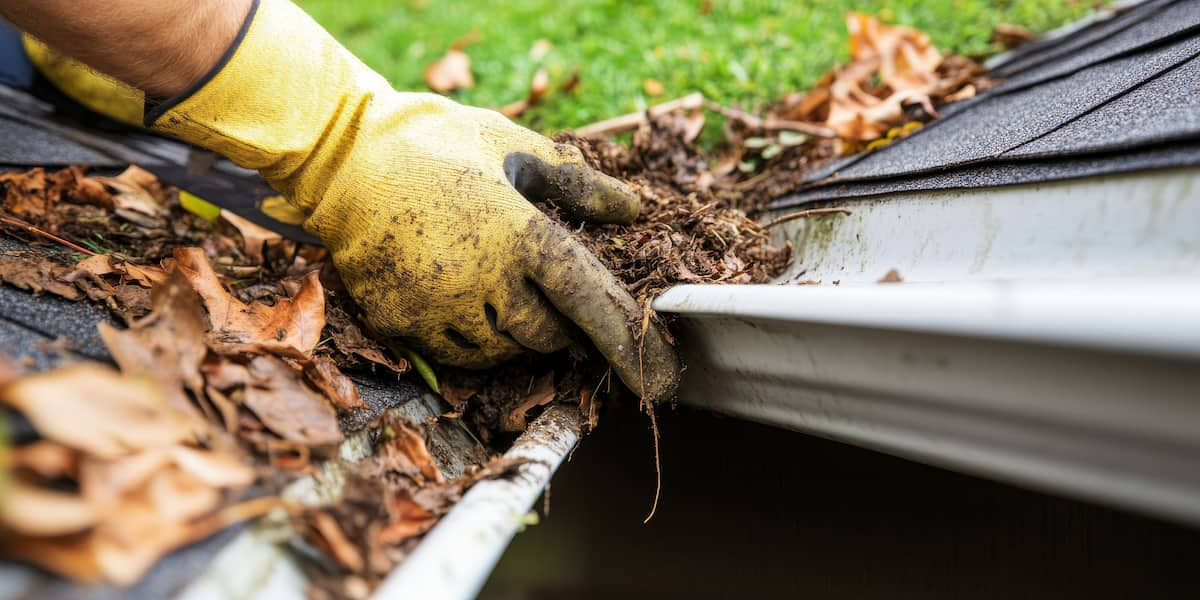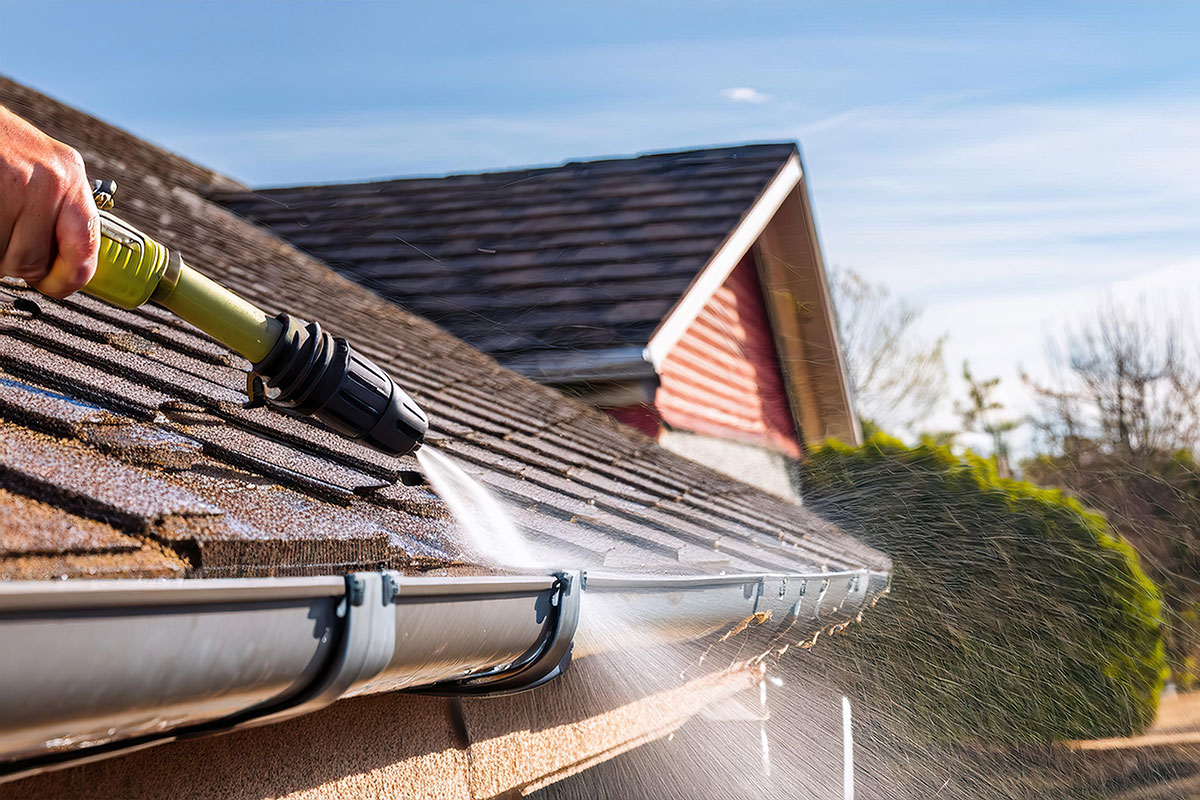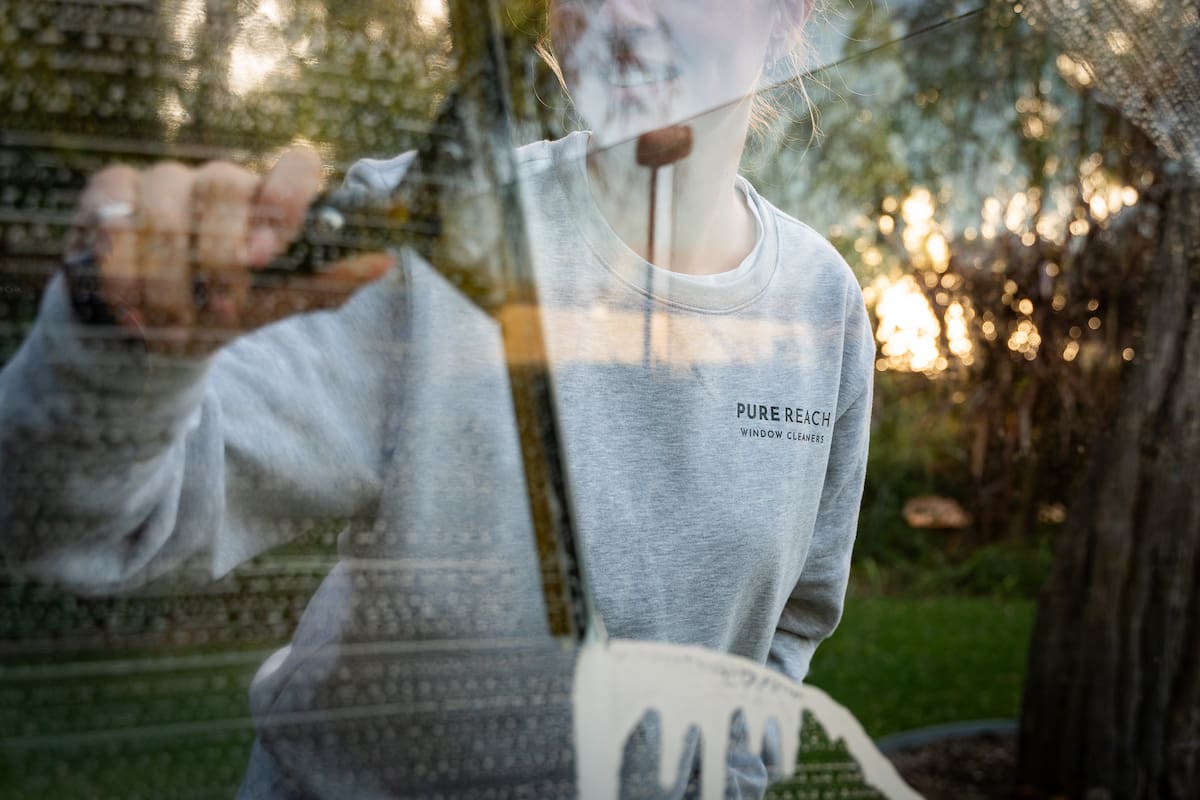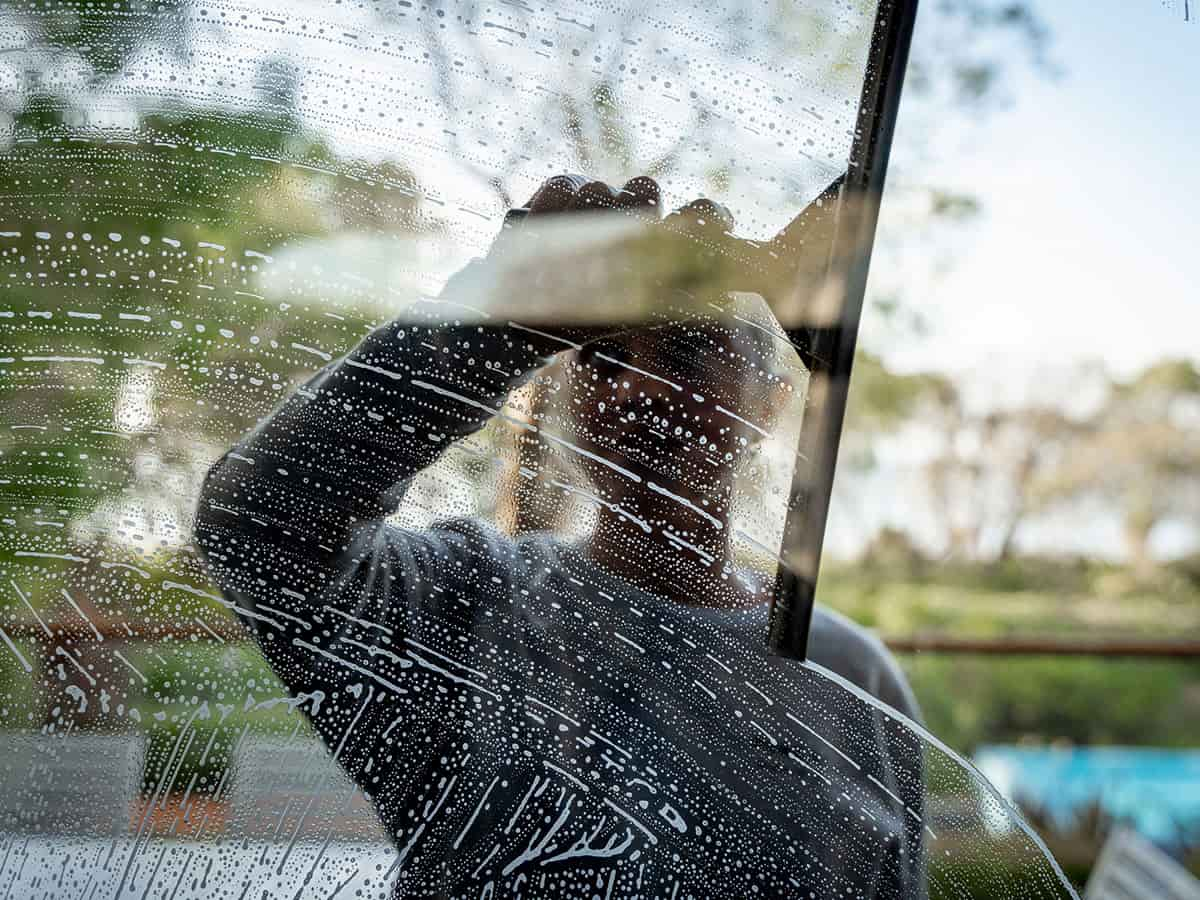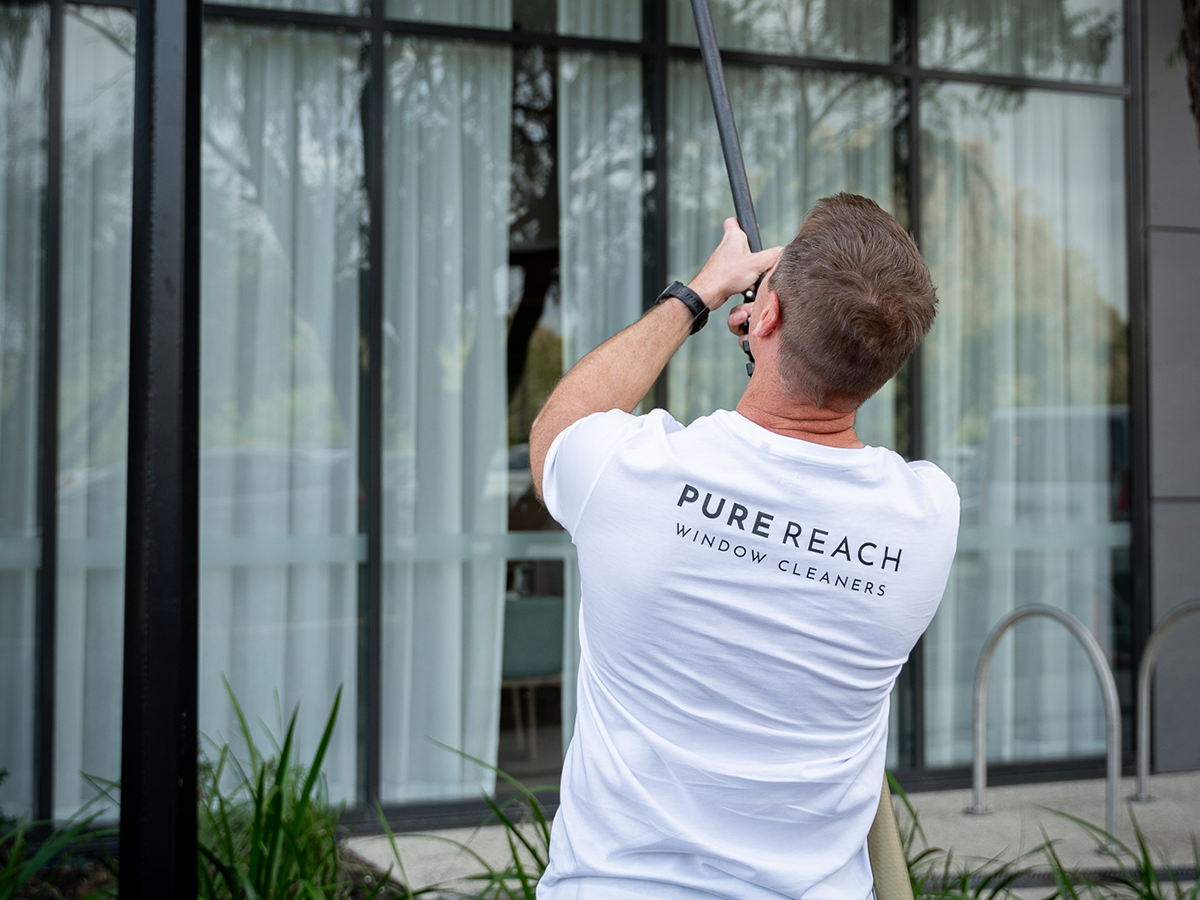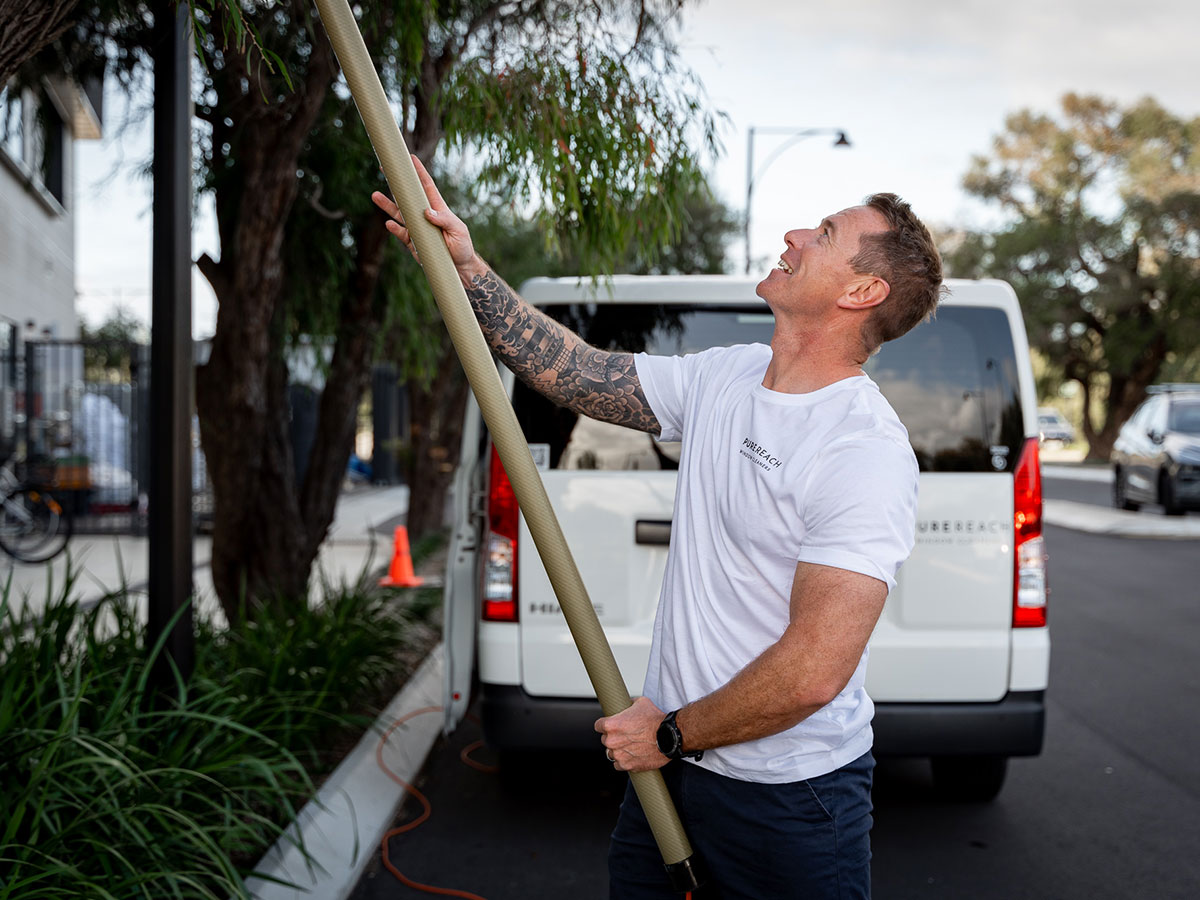Why Gutter Cleaning Matters in a Rental Property
Gutters play a vital role in protecting a property from water damage, roof issues, and pest problems. When they’re blocked or neglected, it can lead to costly repairs. This is something neither landlords nor tenants want to deal with. But when it comes to rental properties, there’s often confusion around who is responsible for keeping gutters clean.
Is it the landlord’s duty as part of property maintenance, or does the tenant need to arrange and pay for it? In this blog, we break down the legal expectations, explore what’s fair, and help clarify the rules in different states across Australia.
General Rule Across Australia: Who Is Responsible?
Many tenants assume that gutter cleaning is part of general property maintenance and should be handled by the landlord. At the same time, some landlords believe it’s the tenant’s job to manage basic upkeep, including clearing leaves and debris from the gutters.
The confusion comes from the fact that gutter cleaning relates to both property condition and day-to-day living. Without clear terms in a lease or written agreement, it can lead to misunderstandings and disputes.
State-by-State Breakdown
Gutter cleaning responsibilities can vary depending on which state or territory you’re in. While the general expectation is that landlords handle structural maintenance, including gutters, some differences in tenancy legislation and common practice are worth noting.
New South Wales (NSW)
Landlords are typically responsible for gutter maintenance as part of their obligation to keep the premises in a reasonable state of repair. Tenants should report any overflow or blockage as soon as they notice it.
Victoria (VIC)
Landlords must maintain the property, including roofing and gutters. The tenant’s role is to notify the landlord or agent of any issues but not to clean or repair gutters themselves.
Queensland (QLD)
In Queensland, landlords are required to maintain gutters unless otherwise stated in the tenancy agreement. Tenants are expected to report issues but not perform the cleaning.
Western Australia (WA)
Gutter cleaning usually falls under the landlord’s responsibility as it’s part of structural maintenance. Tenants should not climb onto roofs or attempt to clean gutters themselves.
South Australia (SA)
Gutter cleaning is generally a landlord’s responsibility unless the tenancy agreement clearly specifies otherwise. Tenants are expected to notify the landlord if there’s a blockage or overflow.
Tasmania (TAS)
Landlords are responsible for gutter maintenance and must ensure the property remains safe and liveable. Tenants should report any issues promptly.
Australian Capital Territory (ACT)
Similar to most states, the landlord handles gutter maintenance. However, tenants may be asked to ensure downpipes remain unobstructed at ground level.
Northern Territory (NT)
Landlords are required to maintain the premises, which includes guttering. Tenants should not perform potentially risky tasks like climbing ladders to clean gutters.
Landlord Responsibilities for Gutter Maintenance
In most Australian states, landlords are responsible for maintaining the property in a safe, functional condition. This includes the gutters.
Gutter cleaning is generally considered part of the property’s structural upkeep. Blocked gutters can lead to water damage, roof leaks, pest infestations, and even fire hazards in bushfire-prone areas. For these reasons, landlords have a duty to ensure gutters are kept clear and in good working order.
While there is no specific legal requirement for how often gutters must be cleaned, once or twice a year is typically seen as reasonable. This is especially important before winter or after periods of heavy leaf fall. In areas with high tree coverage or near the coast, more frequent cleaning may be needed.
If a landlord neglects gutter maintenance and damage occurs as a result, they may be held responsible for repair costs under tenancy laws.
Many property owners choose to book professional gutter cleaning services to meet their obligations and avoid future damage.
Tenant Responsibilities and Reasonable Care
Tenants are not expected to clean gutters themselves, especially if doing so involves ladders or height-related risks. However, tenants do have a responsibility to take reasonable care of the property and to report any maintenance issues promptly.
If a tenant notices water overflowing from gutters, signs of blockage, or damage caused by leaf build-up, they should inform the landlord or property manager as soon as possible. Failing to report a known issue could result in disputes over damage or liability.
Tenants should also avoid any behaviour that could contribute to gutter blockages, such as throwing rubbish on the roof or allowing garden waste to accumulate near the building.
In short, tenants are not expected to perform physical maintenance, but they do play a role in early detection and communication.
What Happens if Gutters Get Clogged or Cause Damage?
When gutters become clogged and overflow, the resulting water damage can be costly. It may affect the roof, eaves, fascia boards, walls, or even the property’s foundations.
In most cases, the landlord is responsible for addressing and repairing any damage caused by blocked or overflowing gutters, especially if it results from a lack of maintenance. However, if the tenant contributed to the issue through negligence or failed to report the problem in a timely manner, they may share some of the liability.
For example, if a tenant notices water spilling from a blocked downpipe but says nothing for months, and it eventually causes interior mould or wall damage, a dispute over responsibility could arise.
Routine inspections and open communication between tenants and landlords are key to avoiding these situations. Early action can help prevent damage, save costs, and maintain a safe, liveable property.
What About Strata Properties or Units?
In strata-managed buildings, the responsibility for gutter cleaning typically falls under the body corporate (also known as the owners corporation). This is because gutters, roofs, and external drainage are usually considered common property.
The landlord or property owner contributes to strata fees, which cover the maintenance of shared areas, including routine gutter cleaning. Tenants are generally not responsible for arranging or paying for this service directly.
However, tenants should still report visible issues such as gutter overflows, water leaks, or moss growth to their property manager or landlord, who can then notify the strata. Prompt reporting helps ensure the problem is addressed before it causes damage or affects the tenant’s enjoyment of the property.
Each strata scheme can differ slightly, so landlords should always check the strata agreement to confirm what is and isn’t included in the maintenance schedule.
Clearing Things Up
While landlords are generally responsible for maintaining gutters in a rental property, tenants also play a key role by reporting issues early and helping prevent damage. Keeping gutters clear is in everyone’s best interest. It protects the property, avoids costly repairs, and ensures a safer living environment.
Whether you’re a landlord managing your obligations or a tenant unsure of your responsibilities, clear communication and routine checks go a long way. If you’re looking for help with gutter cleaning, Pure Reach offers reliable, professional service across the South West. Contact us today!
Frequently Asked Questions
Who is responsible for gutter cleaning in a rental property in Australia?
Generally, landlords are responsible for maintaining the property’s structure, including gutters. However, tenants are expected to report blockages or issues promptly.
Can a landlord make a tenant pay for gutter cleaning?
Not usually. Unless the tenant caused damage or blocked the gutters through neglect, the cost of routine gutter cleaning typically falls on the landlord.
What if the lease says the tenant is responsible?
Some leases may try to shift responsibility, but if the clause contradicts tenancy laws in your state, it may not be enforceable. It’s best to check local regulations.
Do tenants need to report blocked gutters?
Yes. Tenants have a duty to report maintenance issues like blocked or overflowing gutters as soon as they notice them to avoid further damage.
Is gutter cleaning considered urgent or emergency maintenance?
If the blockage is causing active water damage or a leak, it could be classed as urgent maintenance under some tenancy laws. Otherwise, it’s considered general upkeep.
Who handles gutter cleaning in a unit or strata property?
In strata-titled properties, the body corporate is usually responsible for exterior maintenance, including gutters. Tenants or landlords should contact the strata manager for clarity.

